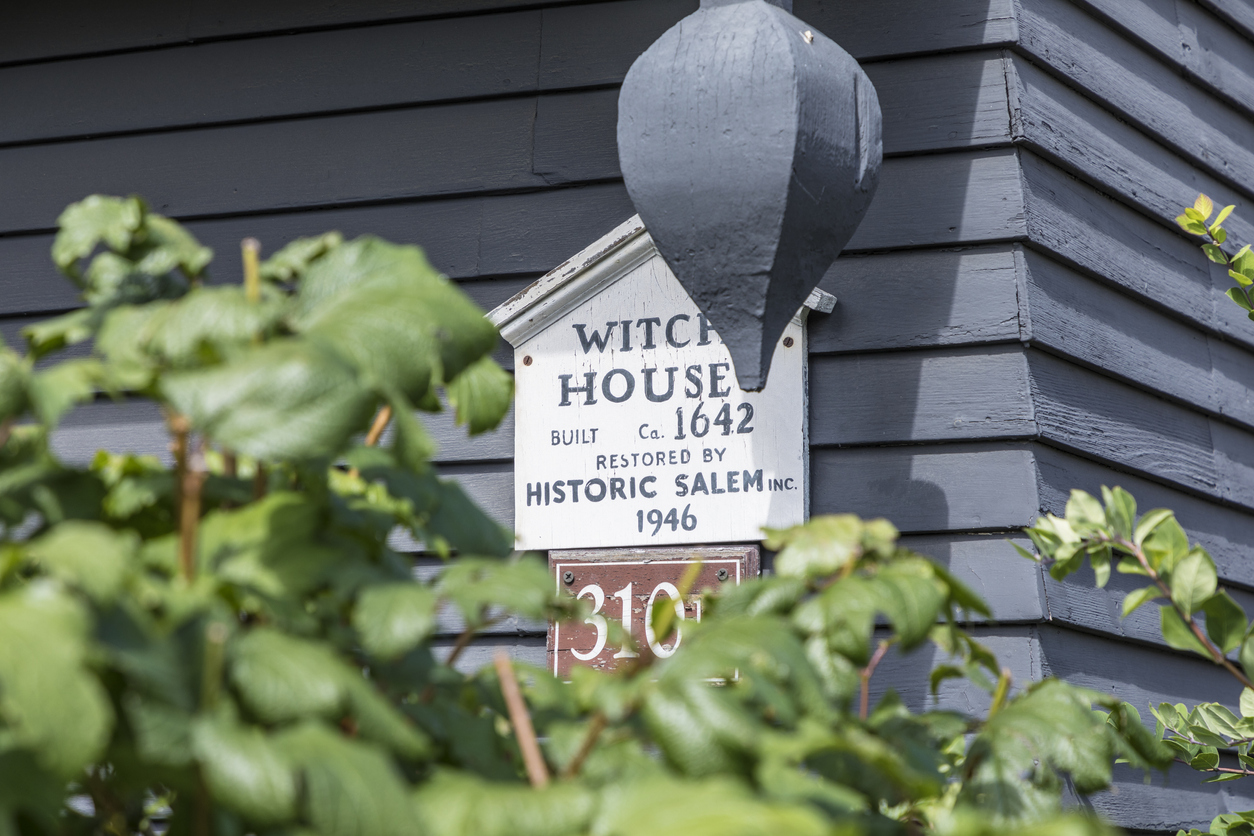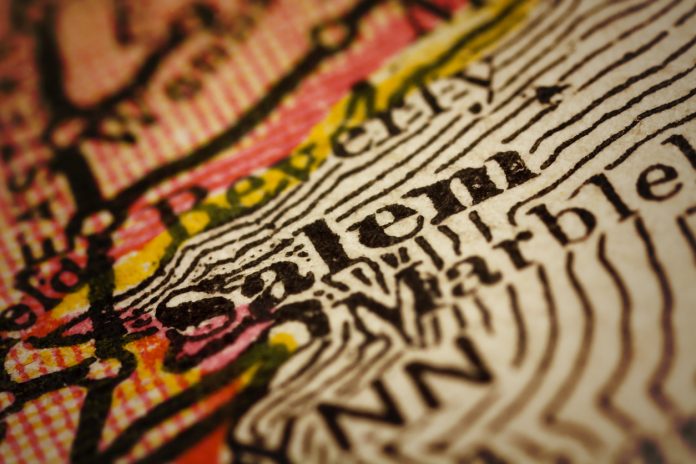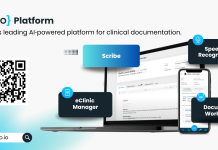In this exclusive, we hear from Matt Killen, CIO of the City of Salem, as he describes the process of digitising 400 years of historical records and the value of making history accessible
The City of Salem, in Massachusetts, is found in the Eastern part of the United States. Continuous settlement by Europeans began in 1626 with English colonists and is today widely known for the infamous Salem witch trials.
Today, tourists flock to the city and nearby areas, especially around Halloween. Behind the folklore is real history. In Salem, our population is around 45,000, but around Halloween, we find ourselves hosting hundreds of thousands.
There’s a lot going on in Salem, especially during our peak season. Even as a centuries-old city, we are prioritising and investing in digital transformation. Technology, data, communication infrastructure, and connectivity play a huge role in our ability to provide services, whether it’s to our year-round residents or Halloween-happy visitors.
How we access historical documents and store and process information has changed forever
Digitising historical records for a historical city
Salem’s archives go back to the 1600s, and due to the immense interest in the city’s history, we needed to make them publicly accessible. The city initially sought out a document management system to help with this initiative and began working with Laserfiche, an intelligent content management and business process automation software company, and ICC Community Development Solutions, a Laserfiche solution provider, to create an online database for the public to search.
Today, anyone can easily access these historical documents through a Laserfiche public portal. The benefits were immediately obvious: We can store information less expensively, minimise paper and make information retrieval a lot more efficient for staff. Through this archive — which includes many property documents — we can see the history of the whole city and learn more about its people.
For example, people today endlessly complain about parking. When you look back at documents from the early 1800s, what were people complaining about? Parking! The topic of conversation was where people were putting their horses and wagons (and maybe broomsticks?!).

Embracing digital information: Looking to the future
After seeing success with the document archive, we began expanding our digitization efforts, shifting our focus to the future. Hundreds of years ago, our predecessors relied on paper documents, many handwritten in cursive — which is not even taught as part of the standard curriculum in schools anymore.
Today, we have the opportunity to embrace digital information from the start, so we are using Laserfiche to digitize forms and automate key processes that the city runs on.
One such form has seen a lot of use this harvest season: the volunteer form for our local city gardens, which require the support of our community members to maintain. The gardens’ staff has also embraced digitization efforts by using Laserfiche to collect information about the gardens’ yield through the Harvest Report — which allows us to see what’s being harvested, how much of it there is, and even track the garden over time. This year, we’ve had 3,100 pounds of harvest that is going to local food banks.
Similarly, we are reporting on data to support decision-making at the highest levels of the city government. Data points that we can now collect from reports about crime, fires, and even discrimination are made available to the mayor’s office for his regular meetings with various city departments. Despite Witch City’s creepy reputation, we do our best to foster a safe and inclusive environment for residents and visitors.
Today, the project is still expanding, and the city of Salem anticipates working on this digitalisation project for many years into the future. How we access historical records and documents and store and process information has changed forever. The technology isn’t witchcraft – but it is almost magic.
This piece was written and provided by Matt Killen, CIO of City of Salem











